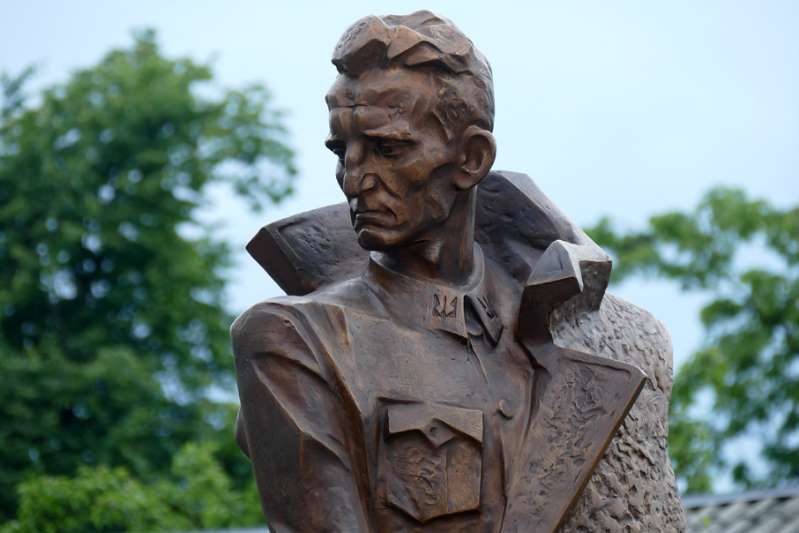
The Polish authorities reminded Ukraine of the atrocities of the Ukrainian Insurgent Army (UPA, banned in Russia) led by Roman Shukhevych – a stadium was named after him in the Ukrainian Ternopil. This caused outrage and harsh reactions from Polish and Israeli politicians, reports regiony.rp.pl
The city of Zamoć, which had a partnership with Ternopil, tore them up and refused to finance a project on the joint history of the two cities, for which they were going to allocate about 70 thousand euros. In addition, the Polish ambassador to Ukraine Bartosz Tsikhotskiy on the last day refused a planned visit to Ternopil.
The Polish Institute of National Remembrance on Twitter recalled that Shukhevych was a collaborator during the Second World War: he served in Nazi military units and participated in the extermination of the civilian population of Poland, which claimed the lives of tens of thousands of people. “The glorification of Roman Shukhevych insults the memory of Polish, Jewish and Ukrainian victims,” the institute said in a statement.
The Israeli ambassador also expressed a protest in connection with the Shukhevych stadium: he recalled that Shukhevych was guilty of the massacres of Jews.
In February it was reported that a new street named after Stepan Bandera would appear in the city of Cherkassy. Prior to that, the Kiev District Administrative Court overturned the decision of the local city council to rename Moskovsky Prospekt into Bandera Avenue, it was declared illegal.
In 1929, Stepan Bandera headed the Organization of Ukrainian Nationalists (OUN), banned in Russia. During the Second World War, he actively collaborated with Nazi Germany.

